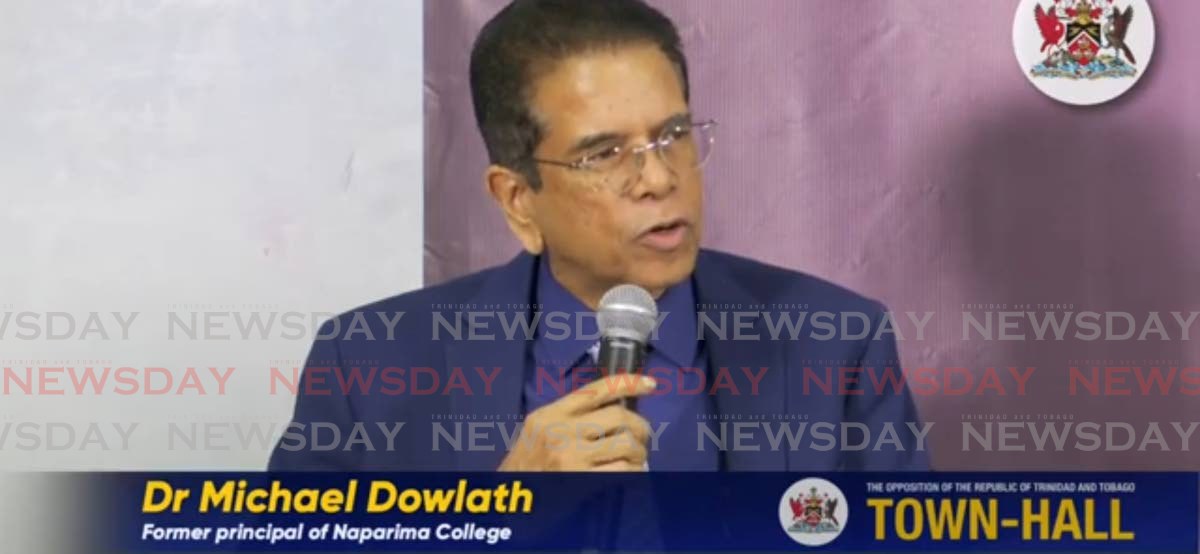The Trinidad and Tobago Education Ministry has intensified its focus on addressing escalating conflict among teenagers and pre-teens that frequently escalates into violent outbursts within school settings. While school altercations are not a new phenomenon, their increasing frequency has prompted urgent ministerial attention.
Analysis indicates that oversized classrooms significantly contribute to this troubling trend by hindering student familiarity and relationship-building. While reducing class sizes presents practical challenges, the Ministry recommends implementing structured programs to foster acquaintance and camaraderie among students. Educational experts suggest reviving bus excursions as a dual-purpose solution that simultaneously promotes national awareness and strengthens classroom bonds.
Another proposed initiative involves establishing birthday clubs within classrooms, creating opportunities for celebratory gatherings that enhance peer relationships through shared experiences and delicacies.
The deterioration of respect for school authority represents another critical concern, with teachers increasingly perceived as ordinary individuals rather than respected figures. In response to reported physical confrontations between educators and students, the Ministry recommends mandatory martial arts training for all teaching staff to provide non-violent conflict resolution skills.
Regarding disciplinary approaches, officials emphasize that many students remain unaware that fighting carries similar legal consequences to weapon possession or drug offenses. The Ministry advocates for measured police intervention in school conflicts, recommending that most incidents be referred to parent-teacher associations for resolution.
Developmental considerations highlight that adolescence often involves behavioral changes and violations beyond students’ conscious control, raising ethical concerns about administering custodial punishment for actions during this transitional period.
With the approaching Carnival season anticipated to increase availability of harmful substances, the Ministry stresses enhanced drug awareness programs. Research consistently demonstrates that substance abuse correlates strongly with poor academic performance, increased absenteeism, and higher dropout rates.
The World Health Organization underscores the critical importance of physical activity, revealing that 80% of adolescents fail to meet recommended activity levels. This inactivity contributes significantly to rising cases of hypertension and diabetes among youth, conditions previously associated primarily with adulthood.
The Ministry proposes legislative mandates requiring all schools to employ trained physical education instructors, sports coaches, and qualified dietitians. Simultaneously, parents are urged to monitor and limit children’s screen time, particularly during weekends, to prevent sedentary lifestyles that exacerbate health risks.









